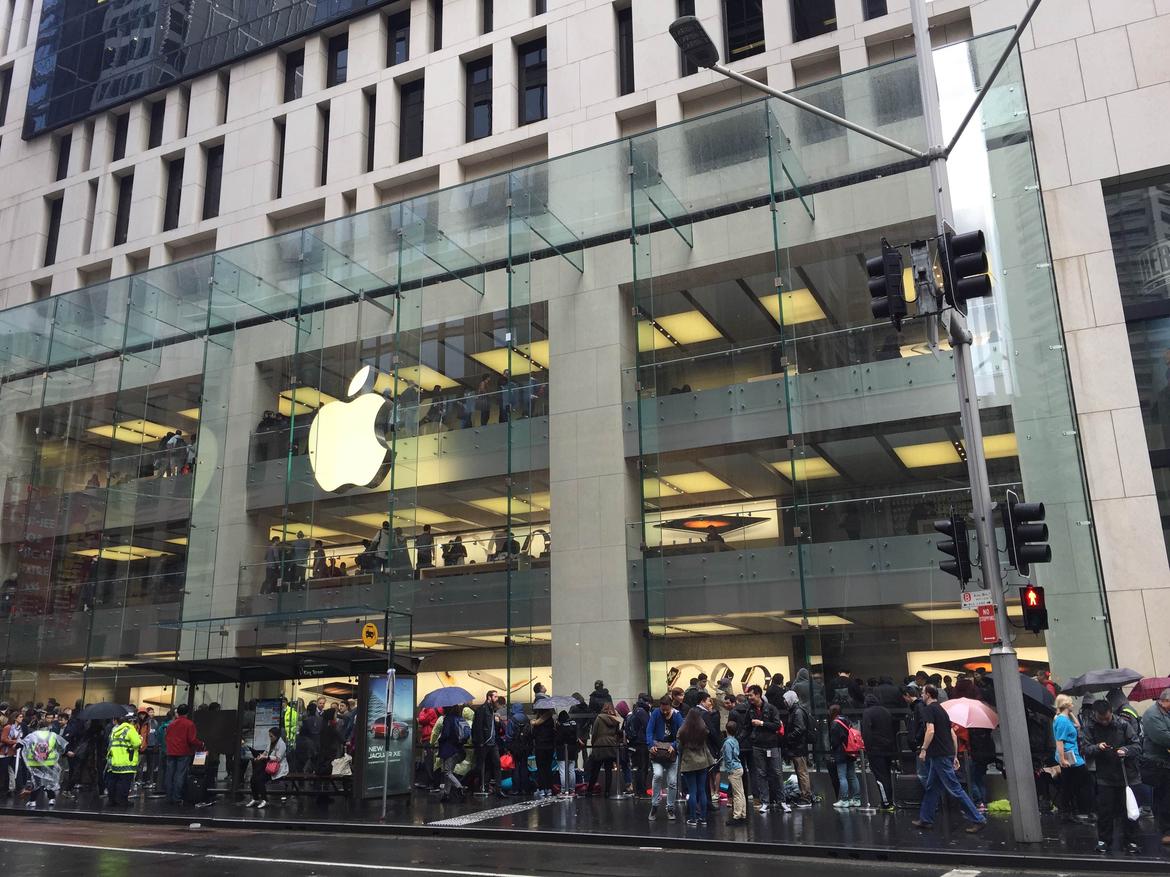The behavioural economics of an A$1,800 iPhone
With just days until the release of Apple’s iPhone X, The University of Queensland’s Brendan Markey-Towler considers how its high price point could actually attract consumers rather than repel them.
The latest iPhone is going on pre-sale today for the eye-watering price of around A$1,800 for 256GB. But who on earth would pay that, and why is Apple charging so much? The answer comes down to behavioural economics.

By setting prices so high, companies like Apple can extract the most revenue possible. People for whom having the latest technology is important will happily stump up A$1,800. For the rest of us this price will “anchor” what we think the value of the phone is, and as prices drop later it suddenly doesn’t seem so expensive.
Essentially, once Apple has sold the phone to those willing to pay the most for it, it can then capture the rest of us by reducing the price over time.


… and congratulations to Richard Thaler – one of Kahneman’s collaborators and co-author of ‘Nudge’ – for winning the Nobel Prize in Economics this year in his continuation of this set of economic/psychological principles.
Historic lows in queue numbers have been reported for the recent launch of iPhone 8. This has been put down to the fact that the 8 is essentially an upgraded 7, whereas the X – to be made available early November – is an ‘all-new’ piece of glass and metal. Something the fanboi/grrl knew beforehand. Perhaps the author has confused these two models in this piece.
I would preferred to have seen an analysis of Apple’s to split these launches, and whether it might reflect a diminution of the ‘Jobs’ effect.
Interesting, although a simpler explanation is status-signaling. An $1800 phone signals to others that you have access to enough resources that you can ‘waste’. Consumption is competitive.
agreed
Or another explanation could be the price placebo. https://www.gsb.stanford.edu/insights/behavioral-impact-higher-price
Also it’s much easier to raise the price of something signaling increased demand than it is to drop the price of something.
The price of the iPhone X (ten) should be looked at in context it’s a price rise at a time when the brand is waivering in popularity. Very clever.
I’m sure in this case It’s less about anchoring and more about signaling.
Firstly, the X is not substantially different in price to the first IPhone or the first GSM mobile phones in PP terms.
Secondly, almost everyone buys IPhones as part of a plan, so the real cost is concealed.
Thirdly, in the long term consumers always tend to drift to the lowest price. Only last year more Iphones were sold than Android phones. Now they aren’t even close.